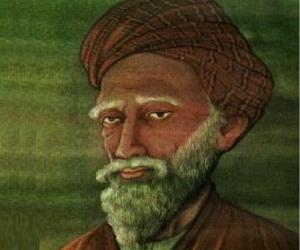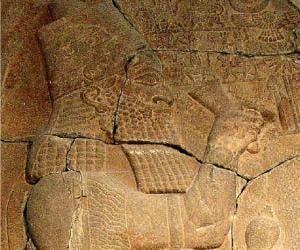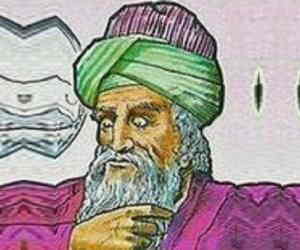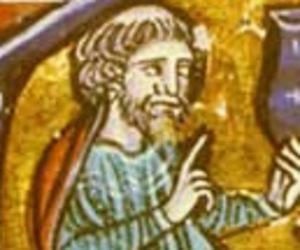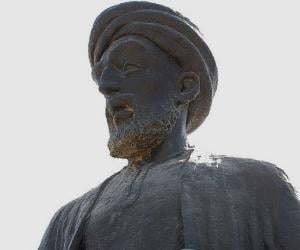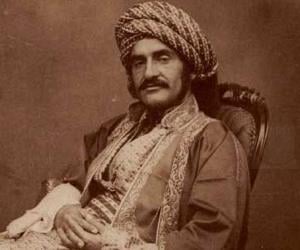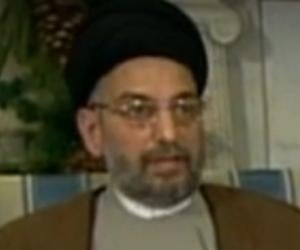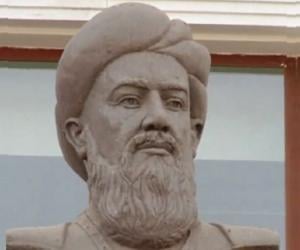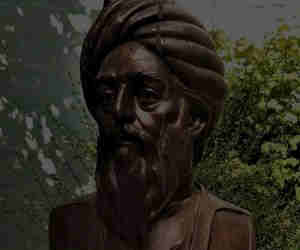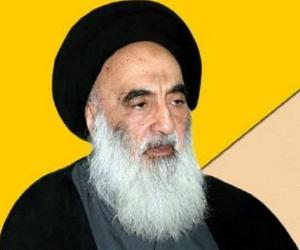1
Al-Kindī
(Father of Arab philosophy)

18
4
Birthdate: 0801 AD
Birthplace: Kufa, Iraq
Died: 0873 AD
Al-Kindi was an Arab Muslim polymath renowned for his contributions as a philosopher, mathematician, physician, and music theorist. Educated in Baghdad, he became a key figure in the House of Wisdom and oversaw the translation of Greek scientific texts into Arabic. Al-Kindi synthesized and promoted Hellenistic and Peripatetic philosophy, writing extensively on various subjects from metaphysics to medicine. He played a crucial role in introducing Hindu numerals to the Islamic world, further developing them into Arabic numerals. Al-Kindi's work in cryptography and cryptanalysis laid the foundation for modern encryption methods.
